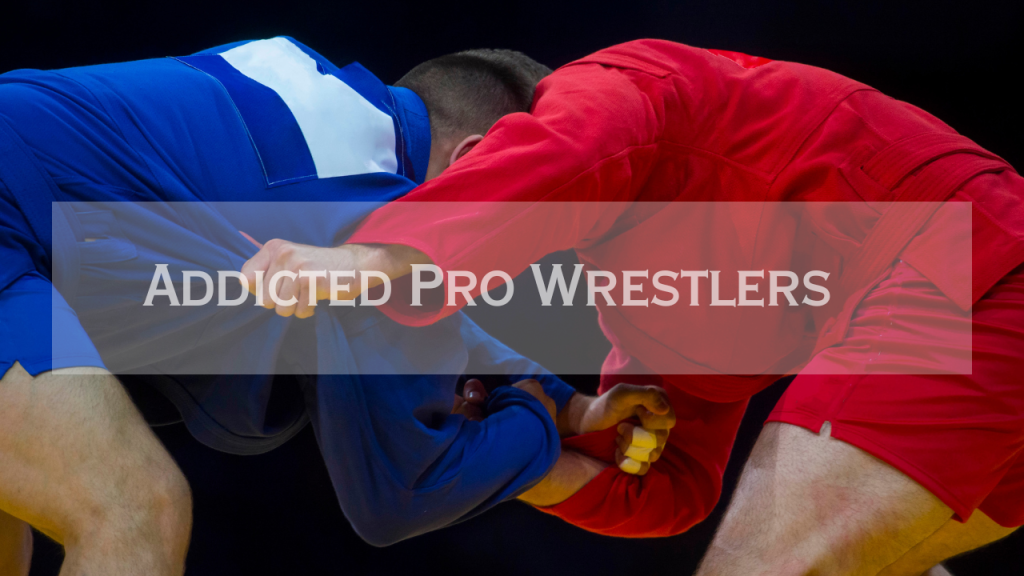
Professional wrestling is a high-risk industry where athletes push their bodies to the limit to entertain millions. Behind the bright lights and roaring crowds, however, many wrestlers battle personal demons, including addiction. Whether due to the grueling schedule, the physical toll, or the pressures of fame, substance abuse has been a tragic yet recurring theme in the wrestling world. For some, addiction led to career downfalls, while others paid the ultimate price.
The Physical and Mental Toll of Wrestling
Unlike traditional sports, professional wrestling is a blend of athleticism and entertainment, requiring performers to execute dangerous maneuvers night after night. Unlike athletes in other sports, wrestlers do not have an offseason, often competing multiple times a week with minimal recovery time. The constant wear and tear lead to chronic pain, which, for many, results in reliance on painkillers and other substances.
Wrestling legends like Kurt Angle and Jeff Hardy have openly shared their struggles with addiction, both stemming from injuries and pain management. Angle, a former Olympic gold medalist and multi-time wrestling champion, developed an addiction to painkillers after suffering severe neck injuries. Hardy, known for his high-flying and daredevil style, faced multiple suspensions due to substance abuse before eventually seeking rehabilitation.
Alcohol and Drug Abuse: A Common Struggle
Beyond painkillers, alcohol and recreational drug use have plagued the industry for decades. The late Scott Hall, also known as Razor Ramon, was one of the most well-known wrestlers to battle addiction. His excessive drinking and drug abuse led to repeated trips to rehab and a decline in his in-ring career. Thankfully, with the help of fellow wrestler Diamond Dallas Page (DDP), Hall managed to regain some stability later in life before his passing in 2022.
Similarly, Jake “The Snake” Roberts, once one of the most captivating performers in wrestling, struggled with severe alcohol and drug addiction for years. His downward spiral was well-documented, and for a time, it seemed he would not recover. However, with DDP’s intervention, Roberts turned his life around, inspiring many in and outside the wrestling world.
The Tragic Losses of Addiction
While some wrestlers found redemption, others were not as fortunate. Eddie Guerrero, a fan favorite and wrestling icon, fought addiction for years before finally achieving sobriety. Tragically, his past drug and alcohol abuse had already taken a toll on his body, leading to his untimely death in 2005 at just 38 years old.
Another heartbreaking case was Chris Benoit, whose personal tragedy rocked the wrestling industry. While his actions were linked to multiple factors, including brain trauma and steroid abuse, his struggles with substance abuse further highlighted the darker side of professional wrestling.
A New Era of Awareness
Fortunately, the wrestling industry has made strides in recognizing and addressing addiction issues. Organizations like WWE now offer rehabilitation programs for current and former wrestlers, while figures like Jon Moxley and CM Punk advocate for sobriety and mental health awareness.
The stories of addicted wrestlers serve as cautionary tales, but they also highlight the importance of recovery and redemption. As the industry evolves, so too does the hope that future generations of wrestlers will not have to endure the same hard falls as their predecessors.

Leave a Reply